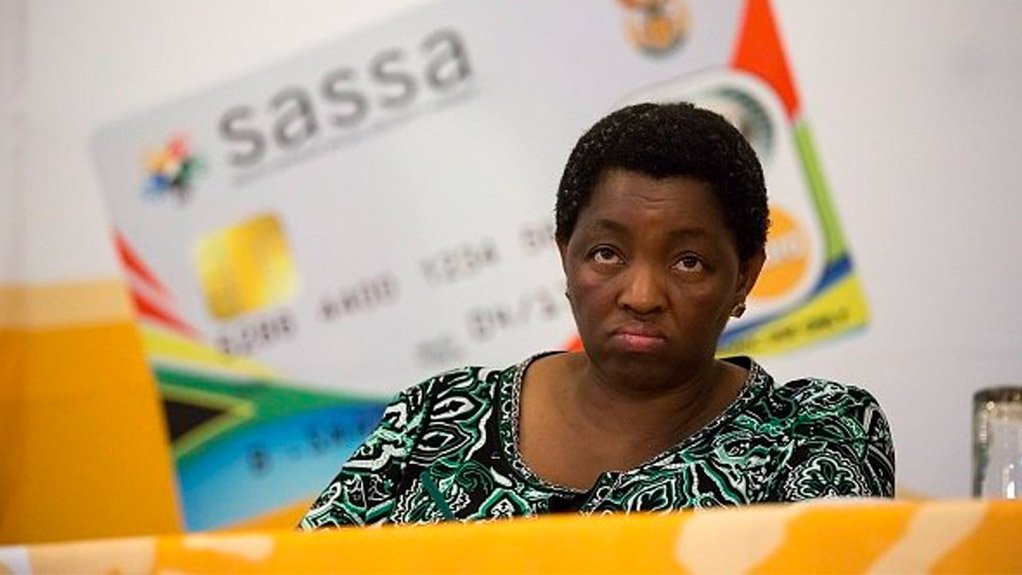/ MEDIA STATEMENT / The content on this page is not written by Polity.org.za, but is supplied by third parties. This content does not constitute news reporting by Polity.org.za.
The inquiry into Minister Bathabile Dlamini’s role ahead of last year’s social grants crisis began in January 2018. This follows a Constitutional Court order declaring that the Minister should be joined in her personal capacity to litigation brought by the Black Sash Trust, represented by the Centre for Applied Legal Studies (CALS), against SASSA, the Minister and Cash Paymaster Services (CPS).
The litigation sought to protect the social grant system when the contract between SASSA and CPS ended in March 2017 and SASSA had no plan in place to continue paying social grants.
The purpose of the inquiry, led by the Honourable Justice Bernard Ngoepe, is to clarify certain disputes between the Minister and the former CEO of SASSA as well as the former Director General of Social Development. The disputes are linked to whether the Minister should be held personally liable for the costs of the litigation last year.
The Court seeks clarity on the appointment of “work streams” within SASSA to report directly to her; the details of these appointments; the work streams’ reports relating to SASSA’s objective to insource paying social grants by April 2017; and why the Minister did not disclose this information to the Court.
It is clear from the evidence presented at the inquiry that the Minister did not approach the Court timeously when she became aware that SASSA would not meet its deadline. Further, the Minister instructed SASSA to appoint work streams costing in excess of R700 million, outside of lawful procurement processes, for targets the work streams could never have met.
The Minister ought to have known that SASSA would not make its April 2017 deadline to take over paying social grants long before the appointment of the work streams in July 2016.
This means that the Minister failed in her duties. She failed to ensure that SASSA carried out the undertakings which it had made to the Constitutional Court, and she failed in her duty to report openly and comprehensively to the Court when it became clear that SASSA would not carry out those undertakings.
“Instead of fulfilling her core mandate of ensuring that grant beneficiaries get paid, the Minister put the lives of 17 million people at risk,” says Lynette Maart, national director of the Black Sash Trust. “The evidence points to her gross dereliction of duty. She is ultimately accountable for the crisis of March 2017 and should be held personally liable.”
Issued by Black Sash
EMAIL THIS ARTICLE SAVE THIS ARTICLE ARTICLE ENQUIRY
To subscribe email subscriptions@creamermedia.co.za or click here
To advertise email advertising@creamermedia.co.za or click here











